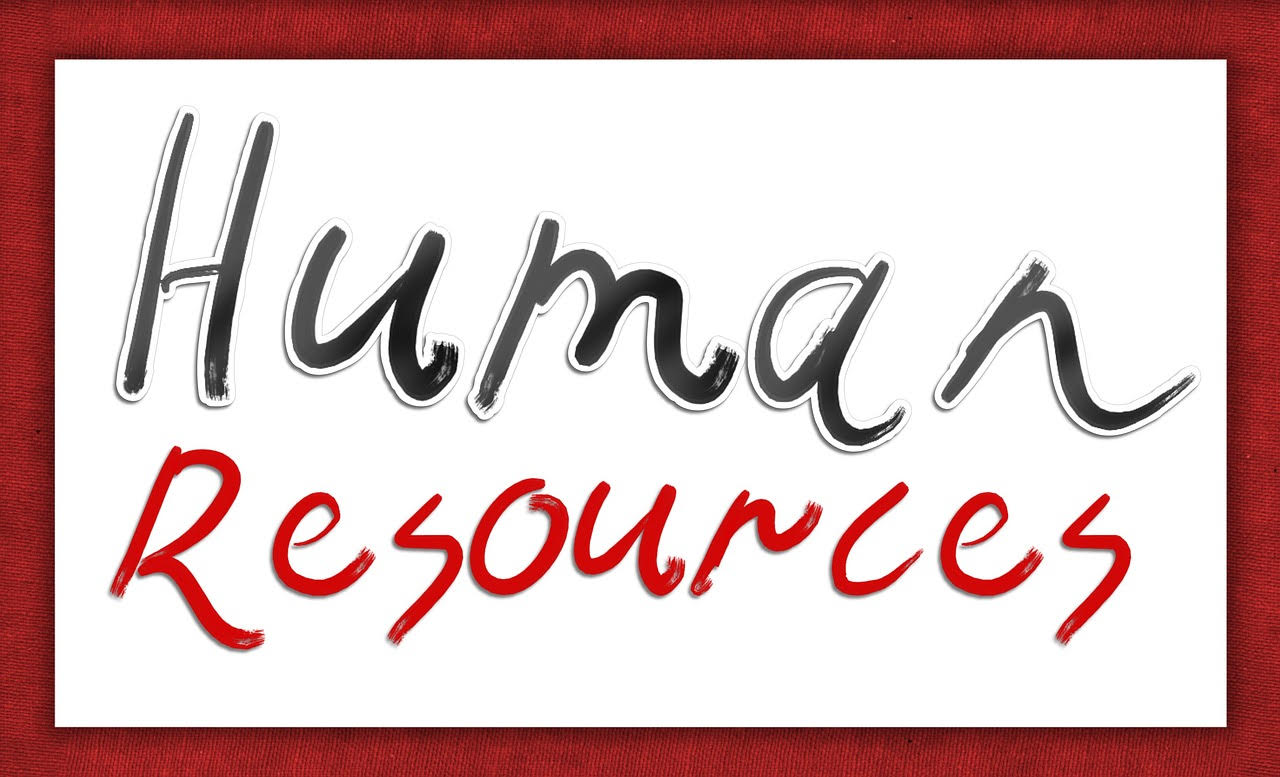Working in the HR departments often includes an exciting combination of relationship-building skills and techniques. HR is utilized to depict both the individuals who work for an organization or company. The HR department is responsible for managing resources related to its employees.
Human Resource Management is mainly a contemporary, umbrella term used to portray the administration and advancement of workers in a company. Additionally called talent or personnel management (even though these terms are somewhat obsolete), HR management includes directing everything identified with dealing with an association’s human capital.
A Closer Look at Human Resource Management
HR mainly includes administering and developing programs that are intended to expand the adequacy of a business or an organization. It incorporates the whole range of creating, managing, and growing the employee-employer relationship.
For most businesses, agencies, and organizations, the HR department is liable for:
- Managing recruitment, selection and job promotion
- Developing and regulating representative benefits and health programs
- Developing, promoting and implementing workforce strategies
- Promoting workforce job training and career development
- Providing direction programs for fresh recruits
- Guiding disciplinary actions
- Serving as an essential contact for work-site accidents or injuries
This article has put together a few HR terms and ideas that will give you a strong foundation of knowledge.
But before that let us know the main agenda of the Human Resource Management Team
Today’s Human Resource Management Team Agenda
As per the Forbes article, the present HR management team must focus their endeavors on five primary zones.
- Defining and aligning organizational purpose
An organization’s workers must be able to verbalize why the organization exists to accomplish a purpose-driven, supportable, high-performing association. Workers should likewise see how their efforts connect, or adjust, with the company’s purpose.
- Enlist the best talent by making, advertising, and selling an Employee Value Proposition (EVP)
False misconceptions and marketing about a company are some of the fundamental reasons why the employee-employer relationship fails. In this way, organizations must make, market, and sell an EVP that is valid and precise as not to deceive potential workers.
- Concentrate on worker qualities
Companies must bend over backward to comprehend what applicants and representatives do best and put them into jobs where they can play to their strengths as much as possible.
- Creating organizational alignment
Achievements must line up with the company’s objectives to construct a fruitful and sustainable organization.
- Precisely measure very similar things
All internal offices and workers must measure the same things to accomplish a complete hierarchical outcome and to guarantee that everybody knows precisely where the company is consistent.
Human resources terms you need to know
Once you pass an HR interview, it becomes necessary for you to be aware of the given below HR terms.
- Attrition
This term alludes to the involuntary and voluntary terminations, employee retirements, and deaths that bring about a decrease in the business’ physical workforce. If you work in an HR office at a huge company, monitoring attrition trends can be a job all by itself.
- Balanced scorecard
Created in the mid-1990ss by Drs. Robert Kaplan and David Norton, the HR term “balanced scorecard,” refers to a management and measurement system, which assesses four business areas: processes related to internal business, financial performance, client information, and learning and development.
- Behavioral competency
It is basically an assessment of the behavior characteristics and character qualities of a representative. How these capabilities are characterized can vary by an employer; however, generally, they rotate around managerial skills, people skills, and achievement skills. Certain positions work better for individual behavoiral skills, and these specific markers will help decide if an applicant will be fruitful at the place the individual in question is applying for. As you may envision, a competitor going after an administrative job should have substantial accomplishment and development related abilities along with the Resume Headline.
- Benchmarking
Benchmarking is a procedure of estimating the performance of a company or group through an assortment of metrics—for instance, consumer loyalty rate, retention, and sales for future examination. Benchmarking can be utilized to look at the internal and external performance of contenders to quantify if improvement has happened.
5. Broadbanding
It is a pay structure that places less emphasis on the chain of importance than job duties, performance, and skills. This kind of pay structure empowers the improvement of a wide assortment of workforce skills and development, however, accompanies a noteworthy decrease in promotion opportunities.
For instance, an organization that buys into broadband may have a more significant scope of potential salaries for a promoting master. On the other hand, an organization that doesn’t is probably going to have numerous titles with a smaller range of possible pay rates for each (for instance: junior advertising expert, sr. marketing specialist, and marketing specialist).
- Change management
This is viewed as an approach for transitioning people or organizations starting with one state then onto the next to manage and monitor change. Organizations can remain on the ball when they think about how they can deal with the introduction, implementation, and results of significant authoritative changes.
- Confidentiality Agreement
This is mainly an agreement between an employee and employer where the representative may not unveil patented, branded, and confidential information. Numerous organizations have ensured data that, if leaked, could be devastating for the welfare or brand of the organization. A confidentiality agreement serves as legal protection from this.
- Emotional Intelligence
It is the capacity to recognize, assess, and deal with one’s own feelings, along with others’ emotions. High emotional intelligence is an absolute necessity for those working in HR.
- Exit Interview
It is the final meeting between the executives and a worker leaving the organization. Information is assembled to pick up knowledge into work conditions and potential changes or solutions, and the worker gets an opportunity to clarify why the person is leaving.
- Complaint and grievances
It is a complaint brought in the notice by a representative about an alleged violation of law or disappointment with work conditions.





